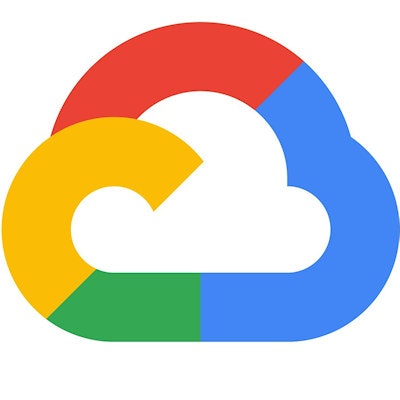
Google Cloud has launched Medical Imaging Suite, a platform designed to facilitate interoperability between medical imaging facilities and foster the development of artificial intelligence (AI) algorithms.
Medical Imaging Suite consists of five components:
- Imaging Storage: Utilizing the DICOMweb standard, the suite's Cloud Healthcare application programming interface (API) is a managed, enterprise-grade development environment that supports data exchange and automated DICOM deidentification, according to Google Cloud. The firm has also formed partnerships with NetApp (data management) and Change Healthcare (cloud-native enterprise imaging PACS).
- Imaging Lab: Google Cloud said it has incorporated AI-assisted annotation tools from Nvidia and the Medical Open Network for Artificial Intelligence (MONAI) for labeling images. It can also integrate with any DICOMweb viewer.
- Imaging Datasets & Dashboards: With Google's BigQuery cloud data warehouse and Looker data analysis software, users can view and search petabytes of imaging data to perform analytics and create training datasets, according to the vendor.
- Imaging AI Pipelines: Google Cloud's Vertex AI platform enables machine-learning models to be created with 80% fewer lines of code required for customer modeling, the firm said.
- Imaging Deployment: Medical Imaging Suite can be deployed in the cloud, on premises, or at the edge, Google Cloud said. Centralized management and policy enforcement is handled by Google Distributed Cloud provided in partnership with Anthos.
Google Cloud said that Hackensack Meridian Health in New Jersey is currently using Medical Imaging Suite to develop AI algorithms for predicting metastasis in patients with prostate cancer.




















